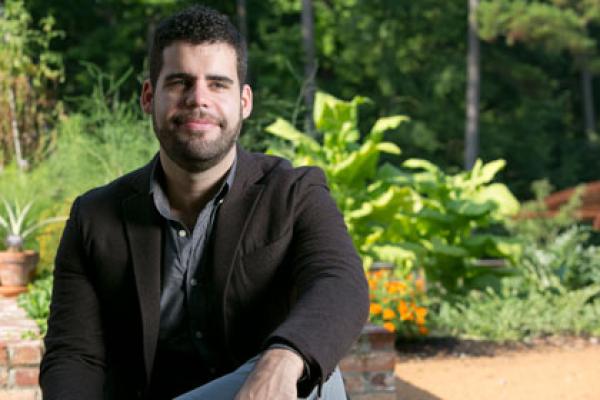
This talk explores how dramatic transformations of the food system are actively reformatting human sexual taxonomies, practices, and identities. In 2017, meat is more widely available and cheaper in North America than ever before. As a major part of the larger transformation of human relations to the non-human world often termed the anthropocene, the "cheap food" system impels the reproduction of billions of animals for meat every year, entangling humans in the sticky business of orchestrating and organizing animal sex, increasingly through technologies of artificial insemination. This entanglement poses a problem for legal authorities intent on criminalizing human-animal sexual contact. The talk explores the evolving structure of these laws, as legislatures have struggled to reconcile the logistical demands of industrial reproduction with taboos against human-animal sex. Finally, the talk uses legislative showdowns between cattlemen and prosecutors as flashpoints that illuminate broader theories of the ways in which species and sex are intersectionally articulated.
Gabriel Rosenberg (PhD History, Brown 2011) is an Assistant Professor of Women's Studies at Duke University.
This event is sponsored by the Humanities Institute Working Group: Space and Sovereignty and co-sponsored by the Departments of Geography and Women’s, Gender, and Sexuality Studies at The Ohio State University. Contact person: Juno Parrenas | parrenas.1@osu.edu.
